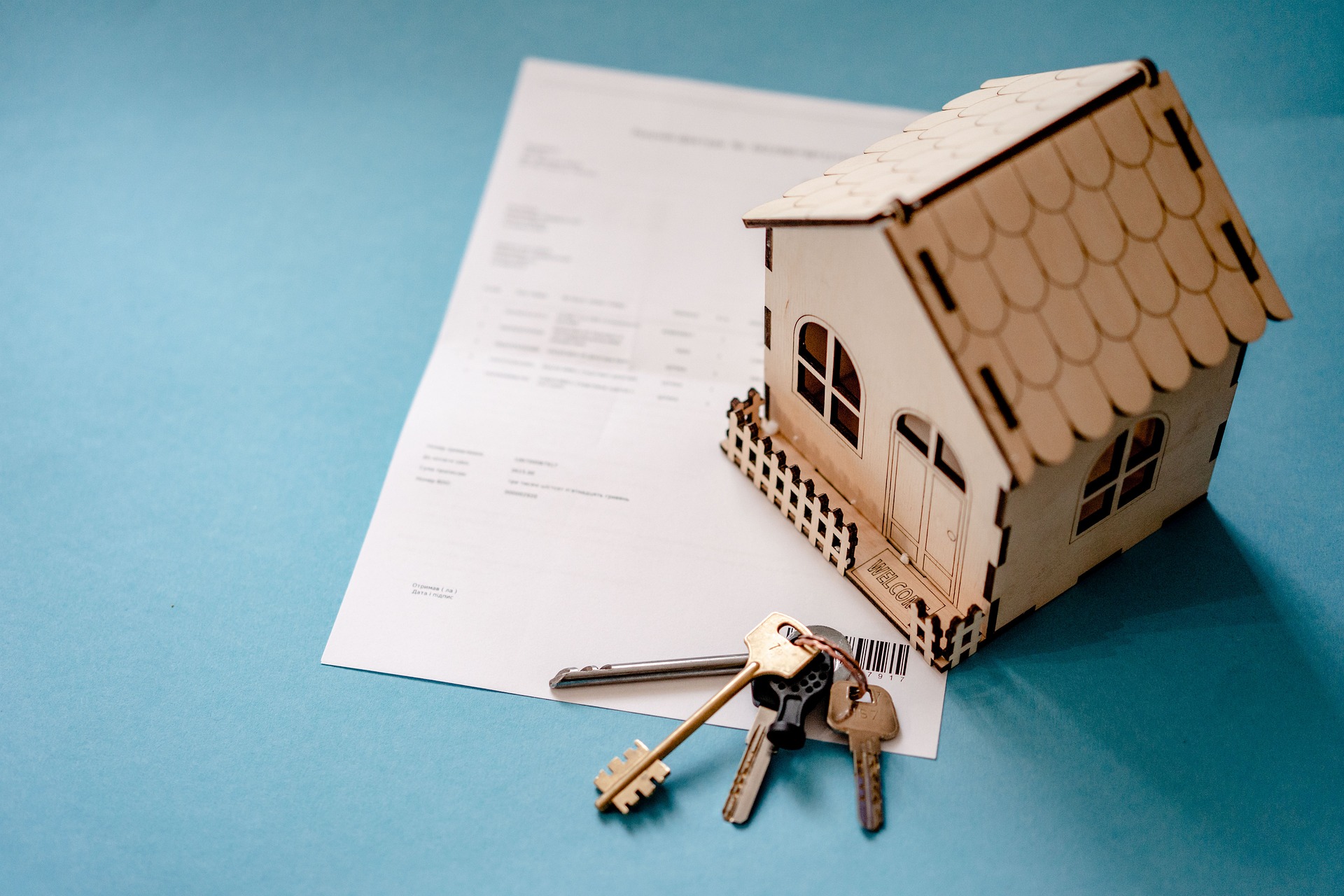Safeguarding Your Investment: The Need for Landlord Insurance
Are you aware that as a landlord, the absence of proper insurance for your rental property isn’t just a financial risk but also a potential hazard to your tenants’ well-being? The importance of landlord insurance is often underestimated, yet it’s a critical aspect of property management. In this comprehensive article, we’ll delve into five often surprising reasons why landlord insurance isn’t just advisable, but essential.
The Unforeseen Perils of Electrical Mishaps
Electrical accidents in rental properties are a real concern for landlords. Think about it: they’re utterly unpredictable and largely beyond your control. Now, consider the array of appliances your tenants might bring into your property. From microwaves to laptops, each device carries a potential risk, especially if they’re not maintained properly or are faulty.
As a landlord, ensuring the safety of your property and tenants is paramount. But let’s face it, it’s impossible to constantly oversee every electrical device in your property. You can’t be everywhere at once, and you certainly can’t live with your tenants to monitor their use of electrical appliances. This is where the true value of landlord insurance becomes apparent.
In the unfortunate event of an electrical mishap, landlord insurance is not just a safety net; it’s a proactive solution. It does more than just cover the cost of damages. It provides access to professional help to address the root cause of the problem. Expert engineers can assess and rectify the issue, reducing the likelihood of a recurrence. This kind of support is invaluable, offering both financial protection and peace of mind.
Protecting Against Nature’s Fury
Moving on to the weather, as a landlord in the UK, you’re no stranger to its fickle nature. Uncertain weather conditions, like storms, heavy snowfall, and relentless downpours, can cause significant damage to your property. This isn’t just about a few broken tiles or a leaky roof. Severe weather can lead to major structural damage, resulting in costly repairs and, in some cases, making the property uninhabitable for your tenants.
Here’s the thing: while you can’t predict or control the weather, you can certainly prepare for its impacts. This preparation is where landlord insurance steps in as an indispensable ally. It acts as a buffer against the financial strain of weather-related damages. With the right coverage, you can address these repairs without dipping into your savings or losing sleep over the cost.
But it’s not just about the financial aspect. Consider the potential disruption to your tenants’ lives. Being displaced from their home due to weather damage is distressing for tenants. Landlord insurance helps expedite repairs, ensuring your tenants can return to their home as swiftly as possible. This level of preparedness and care enhances your reputation as a responsible landlord and maintains tenant satisfaction.

The High Cost of Water Damage
Let’s now talk about water damage. It’s a more common issue than many realize and can be a significant source of stress for landlords. Water damage can stem from various issues: it could be a simple leaky tap or as severe as a burst pipe. These incidents not only disrupt the lives of your tenants but can also lead to extensive repair costs.
Leaks and burst pipes are among the top complaints from tenants, and rightly so. No one wants to deal with the inconvenience of constant water issues in their home. It’s not just a matter of discomfort; it can also lead to larger structural problems or mold issues if not addressed promptly.
This is where landlord insurance becomes a game changer. Having coverage for plumbing and drainage issues means that when the unexpected happens, you’re prepared. It’s not just about fixing the immediate problem. It’s about preventing potential future issues and ensuring that your property remains in top condition. For your tenants, this means a secure and well-maintained home. For you, it translates to less stress, fewer complaints, and potentially lower maintenance costs in the long run.
Security Concerns: Minimizing Loss from Break-Ins
When it comes to property management, security is a major concern. Home invasions and thefts are, unfortunately, a reality that landlords must contend with. These external threats, often unforeseen and beyond your control, can lead to significant financial losses. The damage from such incidents isn’t just limited to the immediate loss of property; it extends to the cost of repairs and replacements.
Imagine the scenario: you receive a call in the middle of the night. One of your properties has been broken into. Windows are shattered, locks are broken, and the tenant’s sense of security is deeply shaken. Without insurance, the financial burden of repairing these damages falls squarely on your shoulders. It’s not just about the cost of replacing a broken window or a door; it’s also about the potential loss of rental income if tenants decide to move out due to safety concerns.
This is where landlord insurance becomes an essential tool in your arsenal. By covering the costs associated with break-ins and theft, landlord insurance helps mitigate these losses. It provides a safety net, ensuring that you’re not left to handle these unforeseen expenses alone. Moreover, it sends a message to your tenants that their safety and security are your top priorities.
Battling Pests: A Landlord’s Duty
Now, let’s address another less discussed but equally important issue: pest infestations. It’s a question that often plagues landlords: who is responsible for dealing with pests? The answer is more straightforward than you might think. In many cases, particularly when structural defects in the property are the cause, the responsibility falls on the landlord.
Pests like rodents and insects can be more than just a nuisance; they can pose health risks and cause significant damage to the property. Imagine your tenants encountering pests on a regular basis. Not only is it a distressing experience for them, but it also reflects poorly on the maintenance and hygiene standards of your property.
In these situations, landlord insurance plays a crucial role. By providing coverage against pest infestations, it ensures that you can address these issues promptly and effectively. This not only protects your property from potential damage but also enhances tenant satisfaction and wellbeing. Remember, a happy tenant is a long-term tenant.
Conclusion
To wrap it up, Jamie Johnson, CEO of FJP Investment, captures the essence perfectly: “In the complex world of property investment, landlord insurance isn’t just a safety net; it’s a cornerstone of responsible ownership. It not only safeguards your financial interests but also underscores a commitment to tenant welfare.”
In conclusion, landlord insurance is indispensable in the realm of property management. It’s about more than just protecting your financial investment; it’s about ensuring the safety, security, and satisfaction of your tenants. If you’re a landlord and haven’t yet secured insurance for your rental property, consider this a wake-up call. Recognize your moral and legal responsibilities and take the necessary steps to safeguard your property and those who reside within it.
ARE YOU READY TO START INVESTING?
Subscribe to our mailing list now for exclusive deals, investment guides and the latest information from the property market.







